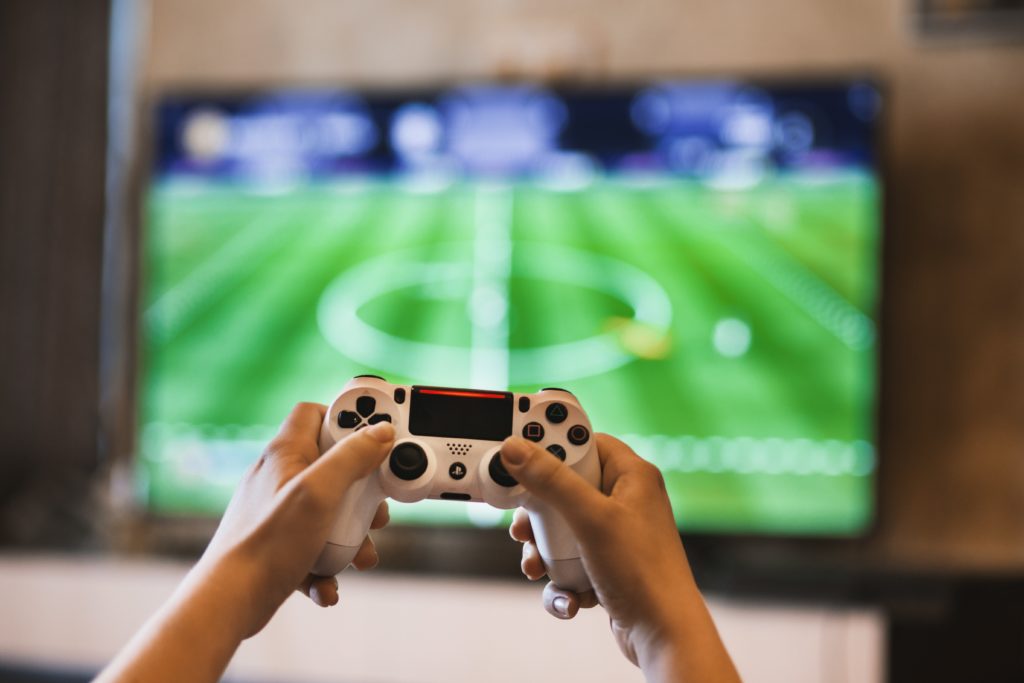In today’s digital world, computers, tablets and smart phones are unavoidable. Some believe that technology offers many benefits, such as instant access to educational resources. Others however see the rise of screen time as a concern, fearing that their children’s health and development will be negatively impacted.
Finding a balance with screen time is crucial for children. Parents need to regulate not only the quantity of screen time children are exposed to, but also the quality of media they are viewing.
An independent day school for boys in London suggests that understanding how excessive screen time negatively impacts children can help parents to establish a more sensible approach. Read on to learn more.
Negative effects of excessive screen time

Research suggests that excessive screen time can affect a child’s physical, psychological and social development. This is because it consumes time which could be spent socialising, learning and exercising. Other negative effects of too much screen time are:
- Vision and posture issues – Looking at a screen for long periods of time can lead to eye strain and headaches. Children may also complain of neck or back pain, caused by poor posture habits when using their devices.
- Sleep problems – Too much screen time before bed can lead to sleeping difficulties. This is due to the blue light that is released from digital devices. Studies have found that this type of light suppresses our melatonin production, which is a sleep-promoting hormone.
- Weight gain – When screen time increases, this usually means physical activity decreases. Lack of physical exercise can be a factor in weight gain and other health related issues.
- Behaviour problems – Excessive screen time can lead to emotional, social and attention problems. Furthermore, without the proper parental controls in place children can be exposed to inappropriate or violent content online.
How can you reduce your child’s screen time?

It is important to set screen time limits and ensure that your child is also participating in physical activities, away from their devices. Here are some tips to help:
- It may be unrealistic and unnecessary to prevent your children from using electronic devices completely, but encouraging them to enjoy other activities can help to decrease their exposure. Getting your child into a local sports team or performing arts class is a great way to focus your child’s attention on something other than their phones or tablets. This kind of extra-curricular activity will also benefit your child’s physical and social development.
- Setting screen time limits is also important for your child’s mental well-being. This will ensure they have enough spare time for other enriching activities and experiences. Having a ‘no phones at mealtimes’ policy or an hour of unplugged family time per day is a great place to start.
The same parenting rules apply to screen time as to anything else — set a good example, establish limits and make sure his or her screen time is as productive as possible!


1 comment